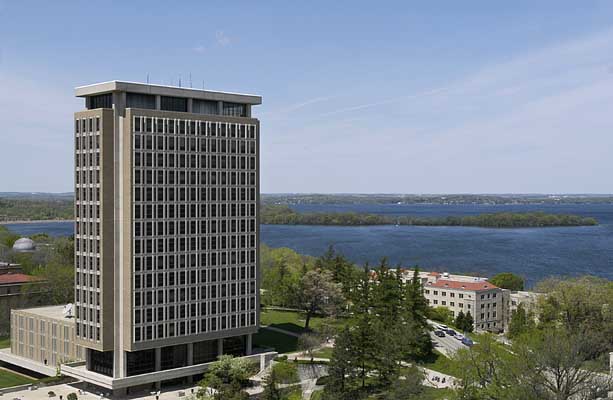After a nearly year-long Associated Students of Madison campaign, University of Wisconsin plans to offer certificates in Russian, Italian and Central and East European studies in coming semesters.
The Italian department will offer a certificate beginning this fall after the University Affairs Committee approved it in April. The certificate in Central and East European studies is still awaiting approval, but will tentatively be offered in Spring 2016, while an implementation date for the Russian certificate remains unclear.
Angelito Tenorio, incoming University Affairs Committee chair, said the committee took up the issue of language certificates in fall 2014, an idea the newly elected ASM Chair Madison Laning proposed in her campaign two years ago.
In considering the idea of certificates, ASM leaders looked to French and German department leaders who previously implemented certificates to boost enrollment.
Tenorio said the results of a student body survey ASM sent out in September showed they were something students wanted.
“The demand is here,” Tenorio said. “[The university] should be providing the supply.”
According to the results of this survey, 95 percent of students enrolled or planning to enroll in a language at UW expressed interest in language certificates.
John Paetsch, outgoing University Affairs Committee chair, said ASM initially reached out to Spanish, Portuguese, Dutch, Hebrew, Eastern Asian languages and African languages. He said the languages they targeted were those that did not offer any type of certificate in either language or culture.
While Italian and Russian department heads were at first skeptical of certificates, ASM leaders and faculty in the French and German departments reassured them the benefits of certificates could easily outweigh drawbacks, Tenorio said.
Stefania Buccini, associate chair of the Italian department, said despite the results of a department survey in which 508 of 510 students expressed interest in a certificate, she was concerned a certificate would draw away from enrollment in the major.
But after speaking with colleagues in French and German, Buccini said it became evident a certificate, which is only three courses short of receiving a major, could actually increase Italian majors.
“We listened to the students and hope the certificate will definitely stimulate more interest in Italian culture and literature,” Buccini said.
Karen Evans-Romaine, chair of the Slavic languages department, said even though some faculty had briefly considered the idea of certificates, it was ASM representatives who spurred the initiative.
But for the 68 percent of Spanish students surveyed who expressed interest in a certificate, the likelihood of implementation remains clouded.
Cathy Stafford, chair of the undergraduate studies committee in the Spanish department, said despite clear interest in a certificate offering, students would not acquire sufficient fluency in the language for the professional world.
“It’s not that we’re unwilling to work with ASM in any way,” Stafford said. “It’s just that from a pedagogical and real life standpoint, a certificate program just doesn’t make a whole lot of sense for Spanish.”
Additionally, she said especially due to budget cuts, the Spanish department could not afford to hire additional faculty to teach the influx of new students the certificate program would bring.
Even so, Tenorio said ASM will renew efforts in the fall to persuade the Spanish department to provide a certificate.
“We really want to focus on Spanish,” Tenorio said. “This is something students want.”














